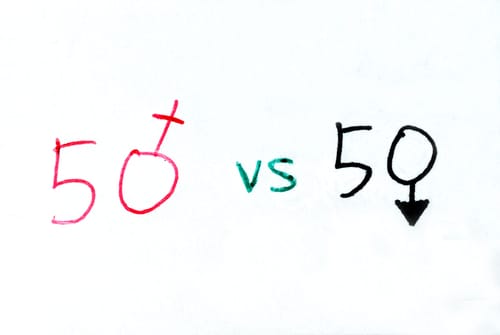Whilst the law for divorce is becoming much clearer in offering no fault divorce from 6th April 2022, the financial implications of divorce still remain a complex area of law to navigate. And given the ease with which a couple will be able to apply for a divorce under the new law it is very important that both parties understand the financial options and full implications of getting a divorce.
With the new option of a joint application for divorce from April 2022 I have some concerns that vulnerable individuals may be pushed or bullied into financial agreements that are against their best interests. Whereas now most people consult a divorce lawyer before starting the divorce process under the new law they may not feel this is necessary. This blog is intended to set out the factors to consider and make the case for taking advice if you are at all uncertain about whether you are agreeing to a ‘fair’ deal when it comes to your finances on divorce.
Consider these questions before finalising any financial agreement when you divorce:
- Are both parties’ assets being considered in full?
- What are the implications of the agreement for you and your children?
- Are there any tax implications?
- What is the best timescale for finalising the agreement?
Finances to consider in a divorce settlement
All marriages are different. Some couples choose to have completely joint finances, with a house in both of their names, savings held equally and joint bank accounts. Other couples keep their finances completely separate and the house they live in may be in one person’s name only. In the eyes of the law however once married, and especially once a married couple have children, their finances are considered joint. So, when deciding how to separate finances on divorce, consideration will need to be given to all aspects, including:
- Pensions
- Properties
- Savings
- Investments
- Income
How finances are shared should take account of the needs of both parties and any children of the marriage.
Ways to reach a financial agreement
You can finalise a financial settlement by mutual agreement; with the help of a mediator; with the advice and support of a solicitor or by taking your case to court for a Judge to decide. As you can imagine the time and costs involved increase through this sequence of options.
Regardless of which route you take it is always important to get advice on the timing of a divorce and finalising financial issues as there can be tax implications as well as implications and loss of death benefits on various pension arrangements.
As part of the new online no-fault divorce process you will be asked whether you wish to apply for a financial order. Some people may not understand the question or be tempted to say no, especially if they have already reached an agreement. However, as we’ll explain below you should ensure any agreement is formalised and lodged with the court in the form of a consent order.
Why you need a consent order
When you divorce or end a civil partnership you and your ex-partner need to agree how to separate your finances. This legal process for getting a financial agreement in place is separate from the divorce process and just because a divorce is secured does not mean that finances have been resolved.
Having reached an agreement on how to divide money and property, you will need to apply for something called a Consent Order. A consent order is a legal document that confirms your agreement and explains how you are going to divide up assets like your pensions, property, savings, and investments. This document can also include arrangements for maintenance payments, including child maintenance. If your agreement is not legally binding a Court cannot enforce it if there are any dispute about what was agreed at any point in the future.
It is important that you seek legal advice before you go ahead with the divorce process so that the timing of such agreements can be considered to the benefit of you both. It is usually more straightforward to divide money and property before you apply for the final legal document to end your marriage or civil partnership. You can divide money and property after your divorce is finalised or civil partnership is ended, however, this may change what you are entitled to and there may be tax implications.
Here at Woolley & Co, we would always recommend speaking to one of our family lawyers when considering divorce so that the financial implications of your separation and the timing of the divorce process can be considered at the same time. As with many questions in family law, there is no one, simple answer to the question, ‘what I am entitled to in a divorce settlement’? Every case is different because the circumstance of each couple is different.
Our advice is, if you have decided to divorce make sure that your financial affairs are in order and that any shared marital assets or property are properly dealt with. While there may be an initial cost now, the cost could be far greater both financially and in terms of distress if you fail to come to a clear agreement or if the timing of a financial agreement is not considered when divorcing, both in terms of tax and further pension implications.
Michelle Brammer
Divorce & family lawyer, Derby


